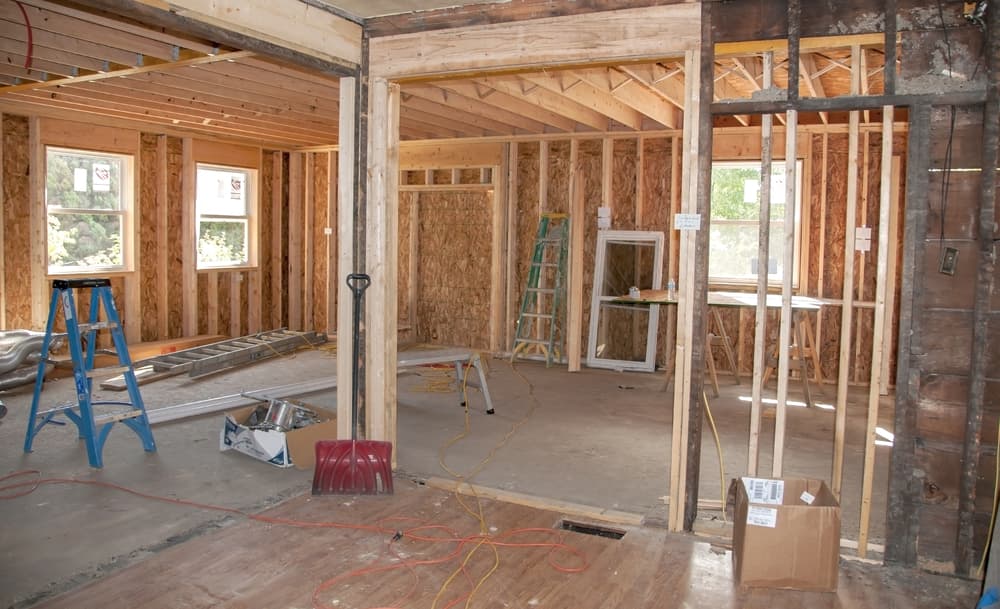
It’s getting cold!
Prepare your pipes for the winter month
It feels like the Winter weather has arrived, it’s time to prepare your home for the cold if you haven’t done so already. Frozen pipes can leave you without water in the worst of weather and cost a lot to repair. But with a few simple steps, you can easily preserve both your budget and your peace of mind.
BEFORE THE COLD SETS IN
Know how to shut off your water: Locate your main water shut-off valve. In many homes, it is located near the water meter or close to where the water pipe enters the home.
Check sprinkler or irrigation systems: Make sure everything is turned off and fully drained.
Eliminate sources of cold air near water lines: Check for pipes in areas that might be prone to freezing, such as crawl spaces, unheated rooms, basements, garages, and exterior walls. Fix drafty windows, insulate walls around pipes and plug drafts around doors.
Protect your pipes: Where pipes are exposed to cold, wrap them with insulation or heat tape (even fabric or newspaper can help).
WHEN TEMPERATURES STAY BELOW FREEZING
Give pipes a helping hand: If pipes run through cabinets or vanities, open the doors to let warmer room temperatures flow in.
Keep water moving through the pipes: Allow a small trickle of water to run. The cost of the extra water is typically lower than the cost to repair a broken pipe.
IF YOUR PIPES FREEZE
Shut off the water immediately: Don’t attempt to thaw pipes without turning off the main shut-off valve.
Thaw a frozen pipe by warming the air around it: Do not leave space heaters unattended and avoid using kerosene heaters or open flames.
Carefully turn the water back on: Once pipes are thawed, slowly turn the water back on and check pipes and joints for any cracks or leaks.
Need more information on freezing pipes this winter, visit American Water







